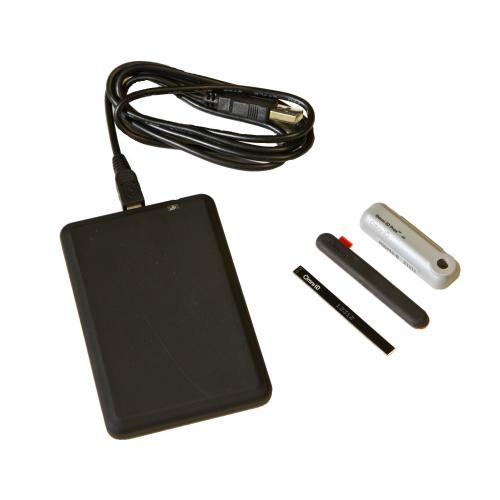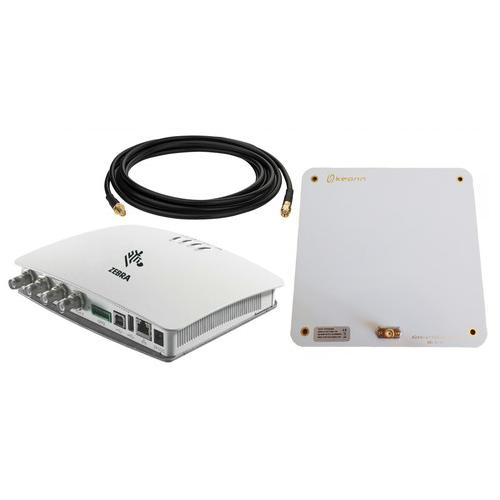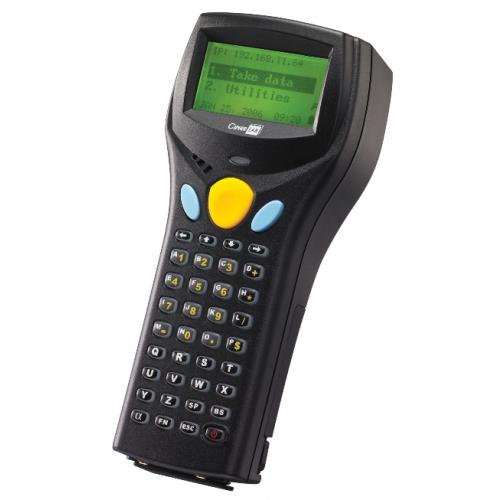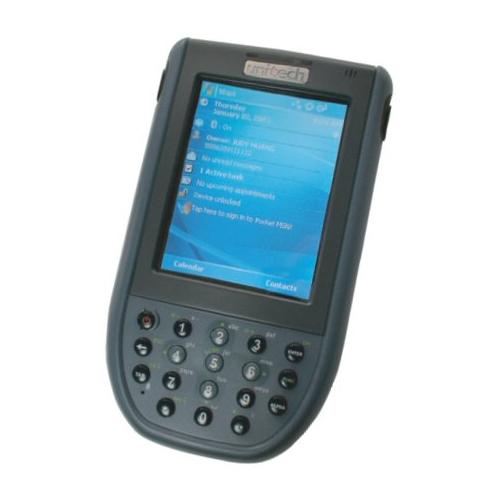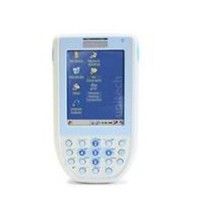“RFID terminals” typically refer to devices or systems that incorporate Radio-Frequency Identification (RFID) technology for various applications. These terminals are equipped with RFID readers or modules, allowing them to communicate with RFID tags and capture information wirelessly. RFID technology uses radio waves to transfer data between the RFID reader and the RFID tags, enabling efficient identification and tracking of objects, assets, or individuals. Here are key aspects and applications of RFID terminals:
Key Features of RFID Terminals:
- RFID Readers:
- RFID terminals are equipped with RFID readers, which can be fixed or integrated into handheld devices. These readers emit radio waves to communicate with RFID tags in their proximity.
- Frequency Range:
- RFIDs operates at different frequency ranges, including Low Frequency (LF), High Frequency (HF), and Ultra-High Frequency (UHF). RFIDs terminals are designed based on the specific frequency range they support, depending on the application requirements.
- Antennas:
- RFIDs terminals contain antennas responsible for transmitting and receiving radio waves. The design and placement of antennas affect the reading range and reliability of the RFIDs system.
- Wireless Communication:
- RFIDs terminals use wireless communication to exchange data with RFIDs tags. This communication allows for quick and non-contact identification of objects or individuals.
- Data Processing:
- RFIDs terminals are equipped with processing capabilities to handle the data received from RFIDs tags. This may involve decoding information, validating access, or triggering specific actions based on the RFIDs data.
- Integration with Systems:
- RFIDs terminals are often integrated into larger systems, such as inventory management systems, access control systems, or supply chain management systems. Integration allows for seamless data flow between RFIDs terminals and central databases.
- Power Source:
- Depending on the application, RFIDs terminals may be powered by various sources, including direct electrical power, batteries, or a combination of both.
Applications of RFID Terminals:
- Inventory Management:
- RFIDs terminals are widely used in retail, warehouses, and distribution centers for efficient inventory tracking and management. They enable quick and accurate scanning of RFID-tagged items.
- Access Control:
- RFIDs terminals are utilized in access control systems for secure entry to buildings, rooms, or restricted areas. RFIDs cards or badges are often used for authentication.
- Asset Tracking:
- Many industries, including healthcare, manufacturing, and logistics, use RFIDs terminals for tracking and managing assets. This can include equipment, tools, or other valuable items.
- Supply Chain Management:
- In logistics and supply chain, RFIDs terminals play a crucial role in tracking the movement of goods, optimizing shipping and receiving processes, and improving overall visibility in the supply chain.
- Library Management:
- Libraries use RFIDs terminals for automated check-in and check-out processes, as well as for tracking and managing the location of books and other library materials.
- Retail and Point-of-Sale (POS):
- In retail, RFIDs terminals are employed for streamlined checkout processes, inventory accuracy, and theft prevention.
- Automated Manufacturing:
- RFIDs terminals are integrated into manufacturing processes for tracking and managing components, work-in-progress, and finished products on production lines.
- Healthcare:
- RFIDs terminals are used in healthcare settings for patient tracking, medication management, and asset tracking of medical equipment.
- Event Management:
- In event management, RFIDs terminals are used for ticketing, access control at events, and tracking attendee movement.
- Waste Management:
- RFIDs technology is applied in waste management for tracking waste bins, optimizing collection routes, and managing waste disposal processes.
RFIDs terminals contribute to increased efficiency, accuracy, and automation in various industries, enabling real-time tracking and management of assets, inventory, and processes. The widespread adoption of RFIDs technology has led to its integration into diverse applications, providing benefits in terms of operational efficiency and data visibility.

